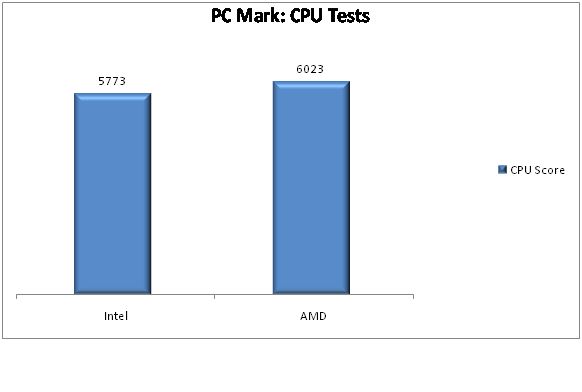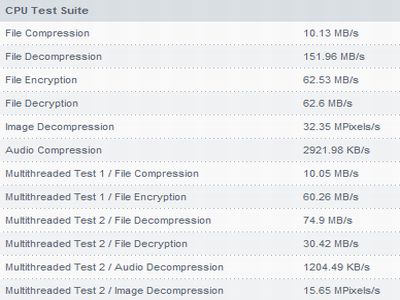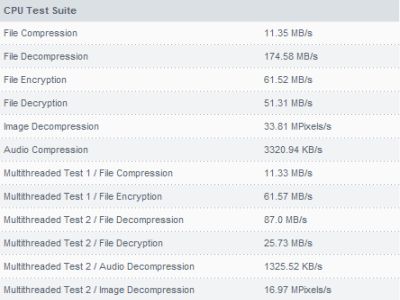| Intel E6420 vs. AMD 5600+ |

|
|
Overclocking:
Defined by Wikipedia, Overclocking is the process of forcing a computer component to run at a higher clock rate than it was designed for or was designated by the manufacturer. Both of these systems are not extreme overclockers, with stock heat sinks and fans and onboard video, the amount of extra speed that can be achieved out of them is very small. I tried several times and many different configurations of speeds and multipliers and then I could get an extra 100-200 MHz out of each processor.
The Intel E6420 is defaulted at a speed of 2.13 GHz; Overclocked I was able to get it to a 2.24 GHz. I was limited to that speed due to the onboard video and high temperatures when running stress test programs. While the AMD Athlon 64 x2 5600+ is defaulted at a speed of 2.8 GHz; Overclocked I was able to achieve 2.939 GHz. Which was limited due to heat.

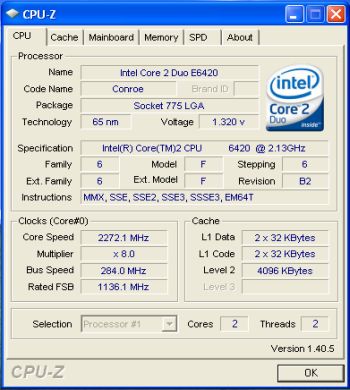
Note: The data at the top is wrong for the AMD; this is from using an older version of CPU-Z.
Benchmarks:
Crystal Mark:
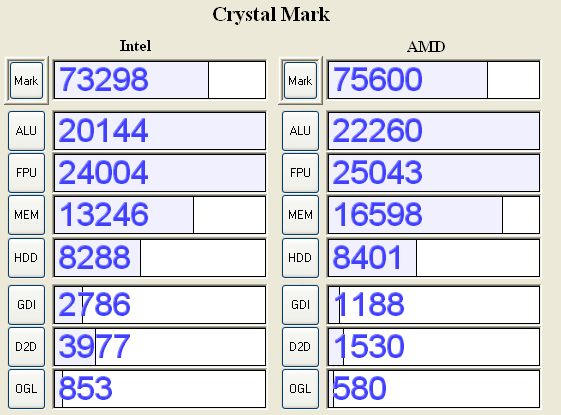
57394 63901
As you can see we were able to achieve an extra 4-5000 points when overclocked. When combining just the ALU, FPU, and MEM scores the Intel was at 53170 and now 57394, a difference of nearly 4200. While the AMD processor went from a 57665 to 63901, nearly a 5500 point difference. As you can see the AMD processor and system scales better than the Intel based system delivering more performance for almost the same increase in speed.
PC Mark 05
As you can see, the scores went up again, but this time it only went up around 300 points. This still put AMD’s 5600+ ahead of the Intel’s E6420. And as we look at the detailed report by PC Mark, we can see that AMD was ranked a higher rating in everything except the file decryption which again the E6420 wins in.
Super Pi:
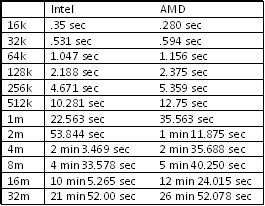
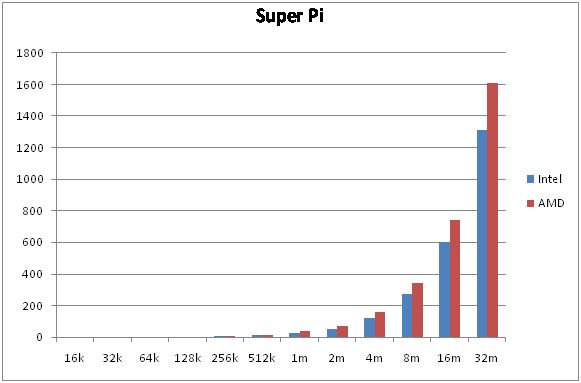
Again the Intel’s E6420 beat the AMD’s 5600+ in the Super Pi benchmarks. The AMD did a little better than the Intel at low sizes, but when tring to compute large pieces of data the Intel is a little faster. We feel this is due in a large part to the E6420 having almost double the L2 cache of the 5600+.
Synthetic Benchmarking
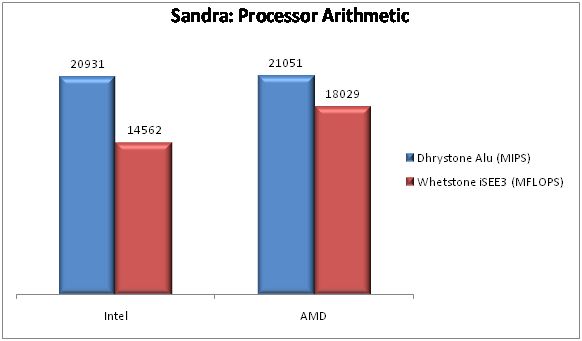
Higher values are better
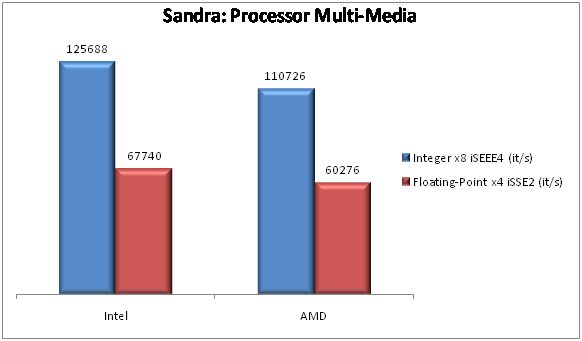
Higher values are better
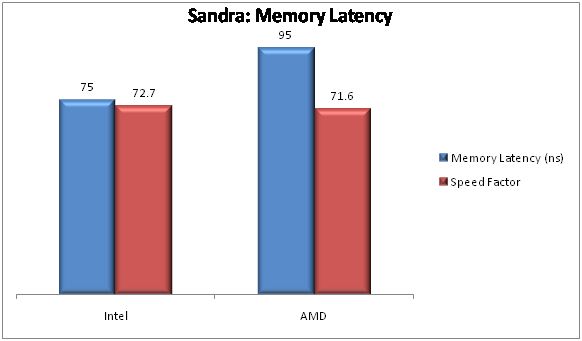
Lower Memory Latency values are better
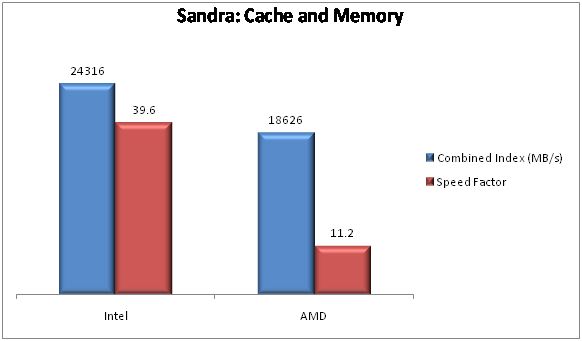
Higher values are better
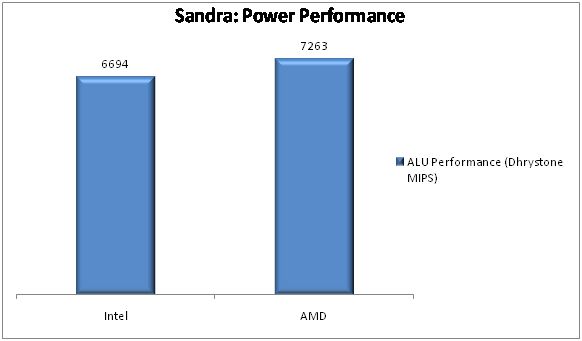
Higher values are better
As we can see on these results the Intel won three of the five benchmarks. The three include Cache and Memory, Memory Latency, and Processor Multi-Media. The AMD achieved a higher ranking in the categories of Processor Arithmetic and Power Performance. Overclocked the Intel Looks to have taken the lead from AMD. What is interesting to note is that Sandra gives the 5600+ a sizable lead in the Power Performance benchmark and that even overclocked the 5600+ leads over the E6420 in the arithmetic score.
| « Synthetic Benchmarks | Conclusion » |




